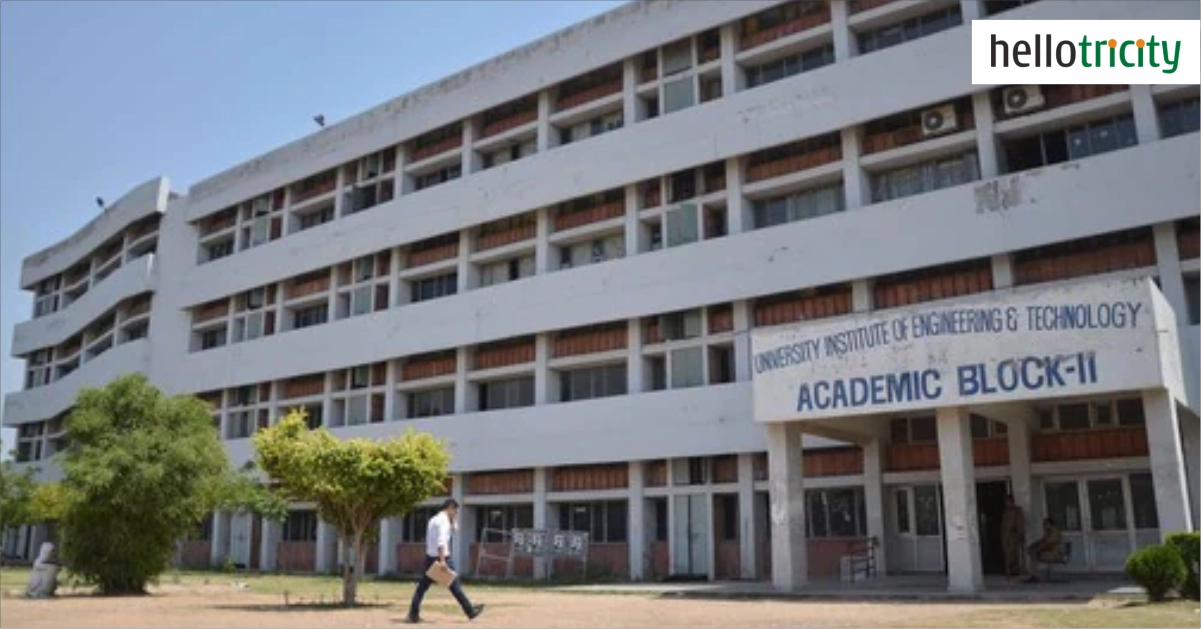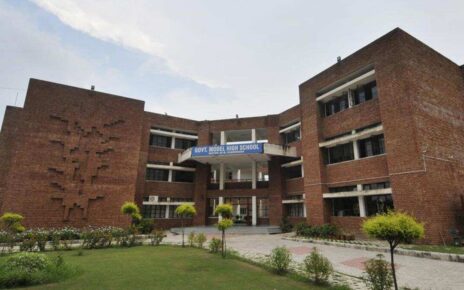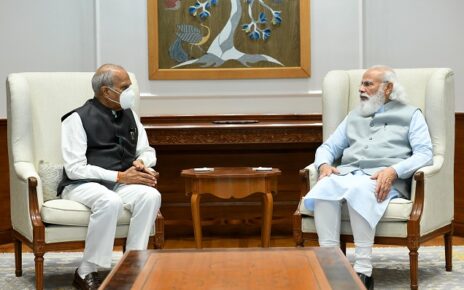The Punjab and Haryana High Court has dismissed a petition seeking Other Backward Classes (OBC) reservation in engineering courses at the University Institute of Engineering Technology (UIET) and Chandigarh College of Engineering and Technology (CCET). The plea was filed by a student seeking admission under the OBC category, but the court ruled that the reservation policies of the Chandigarh administration and Panjab University do not mandate such quotas.
The court emphasised that the choice to grant reservations is a policy concern and that no individual may use legal action to force the state to provide reservations for a certain group. The panel, which included Chief Justice Sheel Nagu and Justice Vikas Suri, ruled that a writ of mandamus could only be issued if a legal right was breached, which was not the case here.
The petitioner contended that, while the Chandigarh administration offers OBC certificates to citizens, it does not offer OBC preference in admissions to CCET and UIET. This, he claimed, was discriminatory, particularly since OBC reservations are recognized in the 15% All-India Quota for institutes affiliated with Panjab University.
Nonetheless, the Court also pointed out that Punjab University is not a central university or a centrally funded institution as per the Central Educational Institutions (Reservation in Admission) Act, 2006. Therefore, the provisions of this Act which mandate reservations in central institutions do not apply to UIET and CCET either.
The court also clarified that the issuance of OBC certificates by the Chandigarh administration does not automatically entitle candidates to reservations in local institutions unless such provisions are part of the administration’s reservation policy. The administration’s issuance of OBC certificates, the court added, is necessary to ensure that eligible candidates can benefit from OBC reservations in institutions where such quotas are recognized, but it does not oblige the administration to provide reservations in all local institutions.
The decision highlights the complexities surrounding reservation policies and the limitations of the judiciary in influencing policy decisions made by educational institutions and government bodies.




